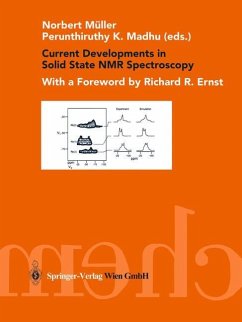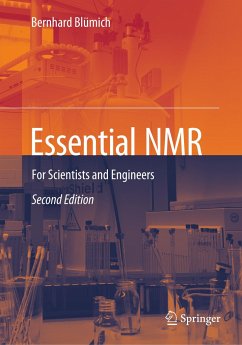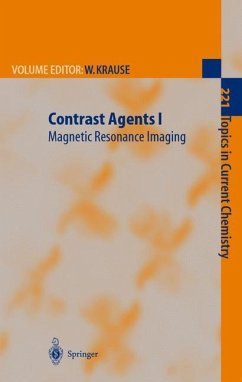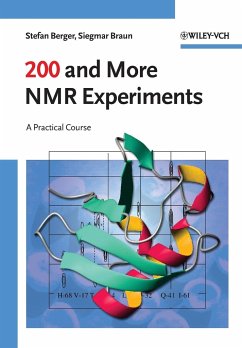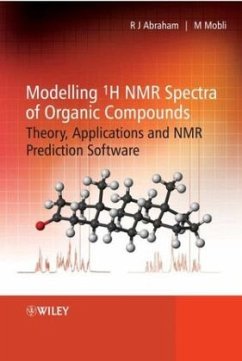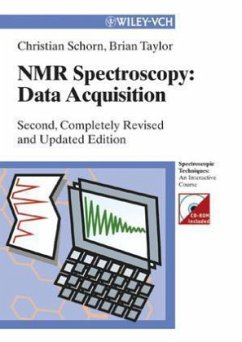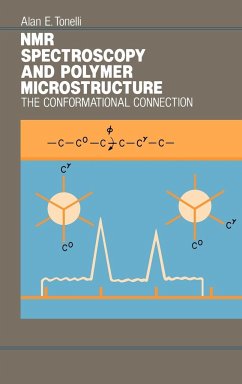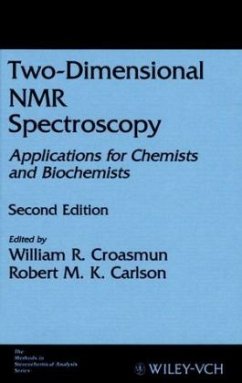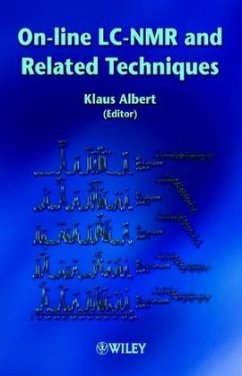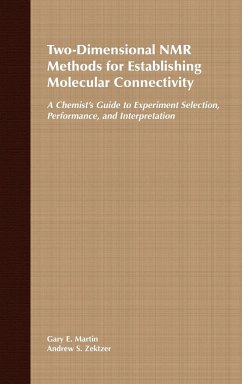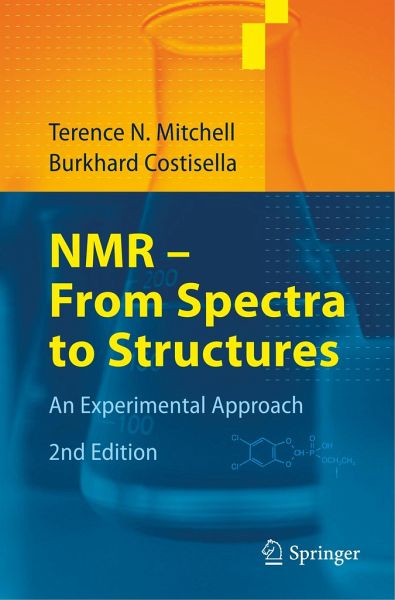
NMR - From Spectra to Structures
An Experimental Approach

PAYBACK Punkte
27 °P sammeln!
Nuclear magnetic resonance spectroscopy is one of the most powerful analytical methods. This practice-oriented textbook aims at teaching how NMR experiments should be used to make structural asssignments. The book is intended as a practical guide for students and laboratory personnel, so that the emphasis is on practical rather than on theoretical aspects, which are treated only to the extent necessary to understand the experiments and to interpret the results. The second edition has been expanded to include several other heteronuclei (15N, 19F, 29Si, 77Se, 113Cd, 117Sn/119Sn, 195Pt, 207Pb) an...
Nuclear magnetic resonance spectroscopy is one of the most powerful analytical methods. This practice-oriented textbook aims at teaching how NMR experiments should be used to make structural asssignments. The book is intended as a practical guide for students and laboratory personnel, so that the emphasis is on practical rather than on theoretical aspects, which are treated only to the extent necessary to understand the experiments and to interpret the results.
The second edition has been expanded to include several other heteronuclei (15N, 19F, 29Si, 77Se, 113Cd, 117Sn/119Sn, 195Pt, 207Pb) and a new chapter on solid state NMR. The problems section has been enlarged and now includes 50 problems. These are of different degrees of complexity and in all cases include two-dimensional (2D) methods as well as standard proton and carbon 1D spectra.
The second edition has been expanded to include several other heteronuclei (15N, 19F, 29Si, 77Se, 113Cd, 117Sn/119Sn, 195Pt, 207Pb) and a new chapter on solid state NMR. The problems section has been enlarged and now includes 50 problems. These are of different degrees of complexity and in all cases include two-dimensional (2D) methods as well as standard proton and carbon 1D spectra.





